The unprecedented shock caused by the COVID-19 pandemic, and its evolving aftermath, have put our globalized economic and societal systems to a stress test laying bare the pre-existing fault lines, inefficiencies, and fragilities. For the seven countries of the Western Sahel and Lake Chad basin – Burkina Faso, Chad, Mali, Mauritania, Niger, Nigeria and Senegal, it arrived amidst a high exposure to a range of other increasingly frequent and concurrent disasters and shocks exacerbated by climate change, such as droughts, floods, degraded ecosystems, elevated risk of epidemic outbreaks of infectious diseases, rising conflict and violence. Pre-COVID peace, security and governance contexts varied widely, with Senegal standing out in terms of progress in governance, human development and economic diversification. Other countries Chad, Niger, Nigeria, Burkina Faso and Mali – despite positive GDP growth before the pandemic, were already struggling to maintain sustainable economic growth, peace and security amid rising violence, and cascading and interacting effects of the various
challenges.
This policy brief highlights the sectoral impacts of the pandemic in an effort to show the linkages and impact transmission channels between the various dimensions as well as the aggravating and attenuating factors. The macroeconomic health and capacity are directly related to the ability of these countries to adopt wide stimulus packages and policies to support the populations most affected by the diverse impacts of COVID-19. The socio-economic grievances in their turn can drive ruptures in social cohesion, peace and security further exacerbating food insecurity.
- Policy Brief
The Continued Impact of COVID-19 on the Western Sahel and Lake Chad Basin (English/French)
- English, French
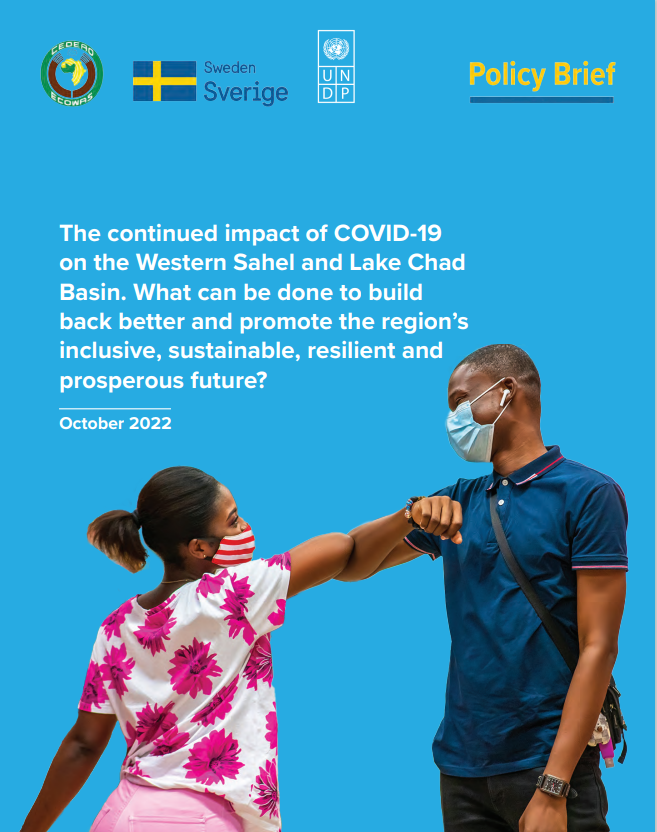

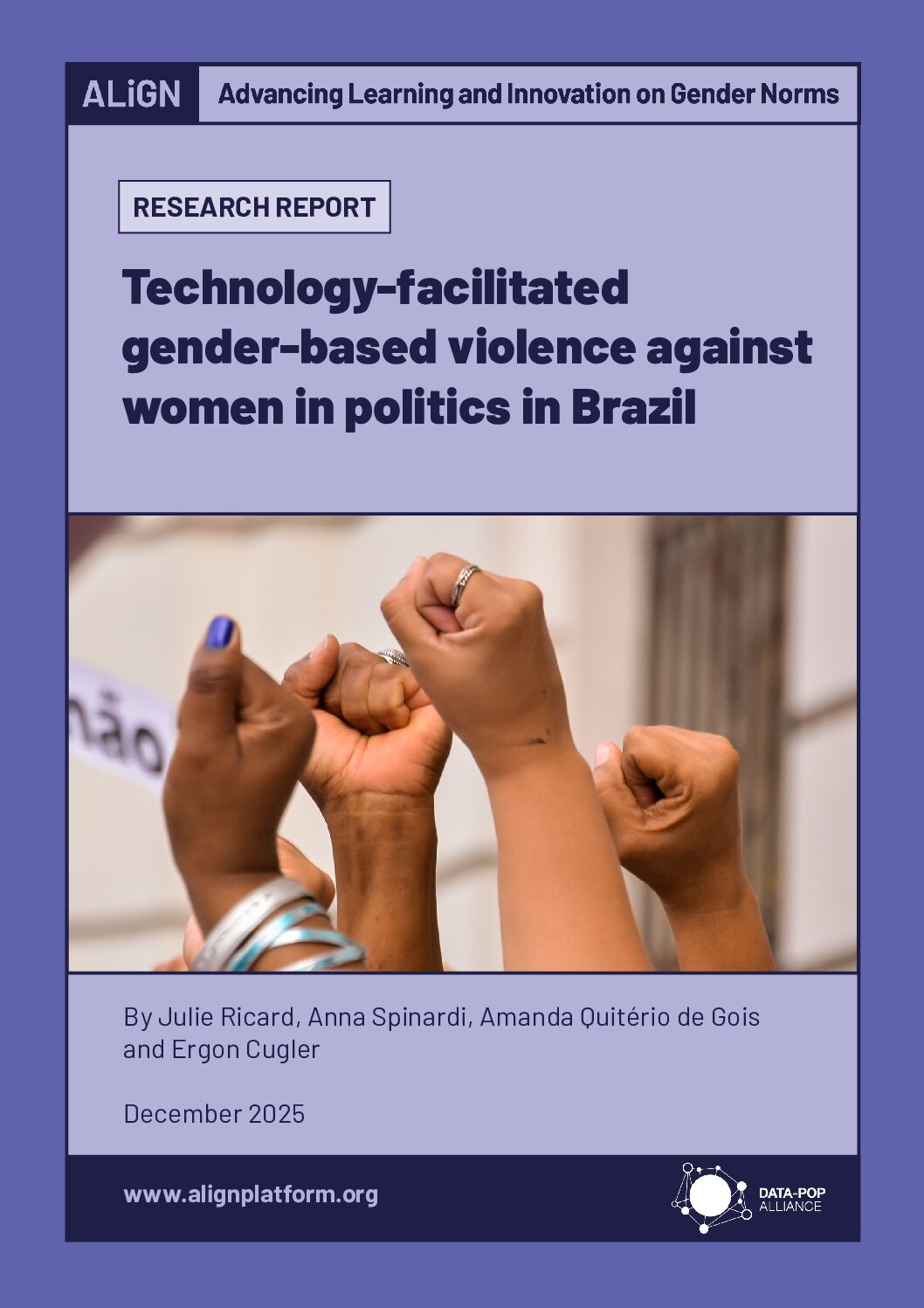
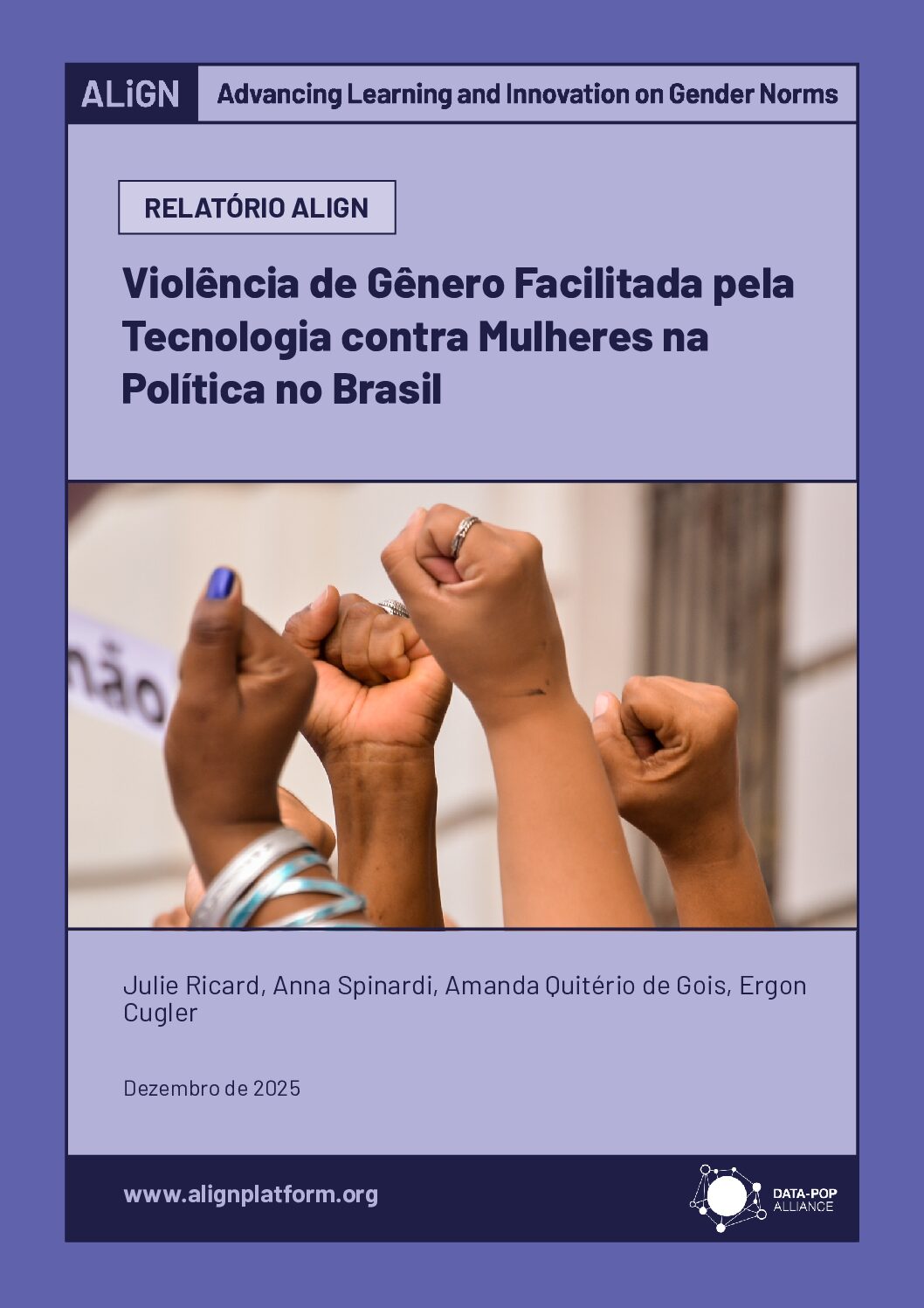
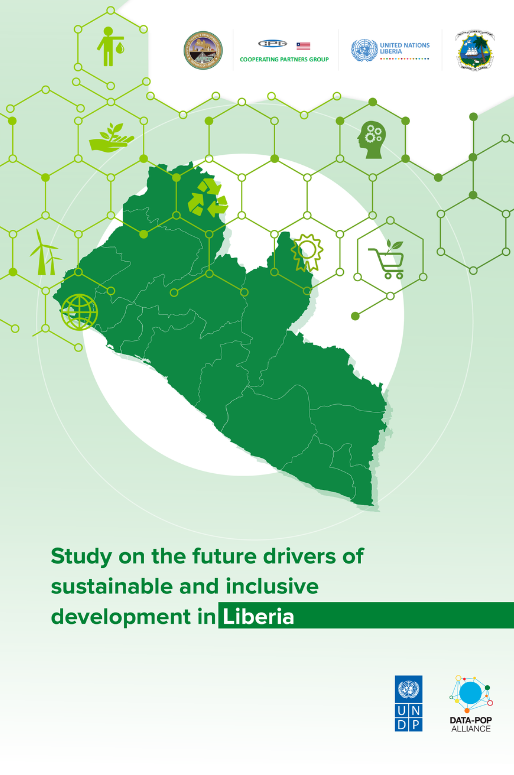

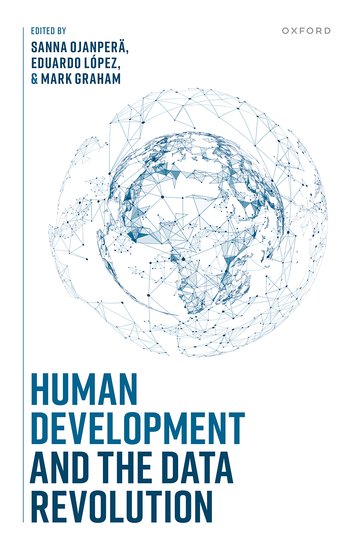
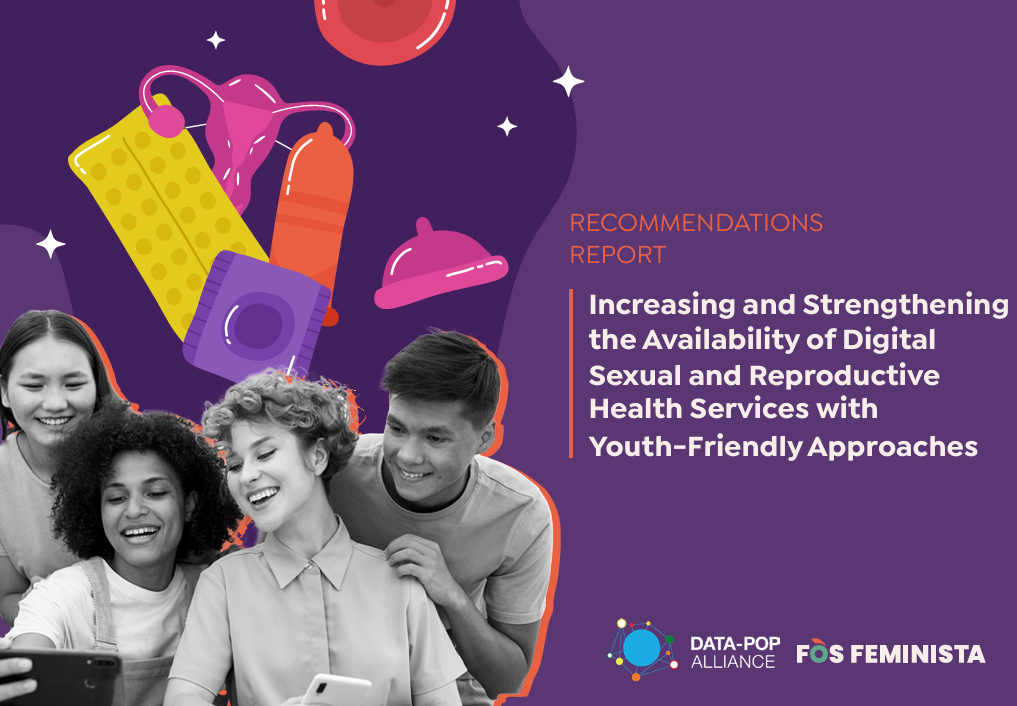
![[P124] cover Bangladesh_Report](https://datapopalliance.org/wp-content/uploads/2025/04/P124-cover-Bangladesh_Report.png)

![[WEB] Feature Blog Post](https://datapopalliance.org/wp-content/uploads/2025/02/WEB-Feature-Blog-Post-.png)
